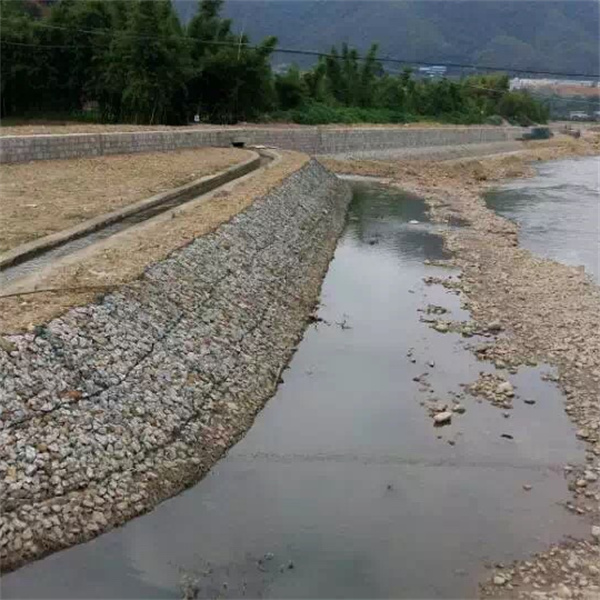Sep . 26, 2024 00:41 Back to list
stone gabion retaining wall
The Beauty and Functionality of Stone Gabion Retaining Walls
In modern landscaping and construction, a variety of techniques and materials are used to ensure stability, aesthetic appeal, and environmental harmony. One such solution gaining popularity is the stone gabion retaining wall. These walls, constructed from wire mesh cages filled with stones, not only serve a functional purpose but also enhance the visual aspect of outdoor spaces.
What is a Gabion Retaining Wall?
A gabion retaining wall is a structure made from a series of gabions—wire mesh baskets filled with rocks or stones—that are stacked to create a barrier or support system. The design is both practical and visually appealing, offering a rustic look that blends seamlessly with natural surroundings. Gabion walls are particularly effective in preventing soil erosion, managing water runoff, and providing structural support for slopes or embankments.
The Benefits of Gabion Walls
1. Erosion Control Gabion walls are highly effective in controlling soil erosion. The heavy stones inside the gabions can absorb the energy of flowing water, preventing the soil behind them from washing away. This makes them a popular choice for homes and landscapes located on slopes or near water bodies.
2. Sustainable Materials Using natural stones in gabion walls is an eco-friendly choice. The stones can often be sourced locally, reducing the carbon footprint associated with transportation. Moreover, these walls can be further planted with vegetation, which can enhance biodiversity and stabilize the surrounding soil.
stone gabion retaining wall

3. Aesthetic Appeal One of the notable advantages of gabion walls is their aesthetic versatility. Depending on the type of stone used and the design of the mesh, these walls can either blend into the landscape or stand out as a striking feature. This adaptability allows homeowners and landscapers to create unique outdoor spaces.
4. Durability Gabion walls are designed to withstand the elements. The materials used are resistant to corrosion and weathering, ensuring that the walls maintain their structural integrity over time. Unlike traditional concrete walls, which can crack and erode, gabion walls can last for decades with minimal maintenance.
5. Cost-Effectiveness The construction of a gabion wall can be more economical compared to traditional retaining walls, especially in areas where stones can be sourced locally. The simplicity of the construction process also reduces labor costs, making it an appealing option for budget-conscious projects.
Construction Considerations
When planning to build a stone gabion retaining wall, several factors must be considered. Proper drainage is crucial to ensure water does not build up behind the wall, which could compromise its stability. Additionally, it’s important to follow local regulations and guidelines, as some areas may have specific requirements for retaining walls.
Conclusion
In conclusion, stone gabion retaining walls represent a harmonious blend of functionality and beauty. They offer a practical solution for erosion control and slope stabilization while adding a natural aesthetic to the landscape. Their environmental benefits, durability, and cost-effectiveness make them an attractive choice for both residential and commercial projects. As more people seek sustainable and appealing landscaping options, gabion walls are set to become an increasingly popular choice in modern design. Embracing this timeless technique not only enhances outdoor spaces but also contributes to the health of our ecosystems.
-
The Role of Galvanized Gabion Mesh in Riverbank Protection
NewsJun.26,2025
-
The Role of Gabion Basket Raised Bed in Sustainable Gardening
NewsJun.26,2025
-
Quality Assurance of Wire Mesh Gabion Baskets
NewsJun.26,2025
-
Installation Guide for Welded Gabion Box
NewsJun.26,2025
-
How to Choose the Right Gabion Box
NewsJun.26,2025
-
Different Types of Gabion Wire Mesh
NewsJun.26,2025
-
Why PVC Coated Gabion Mattress Is the Best Solution for Long-Term Erosion Control
NewsMay.23,2025






